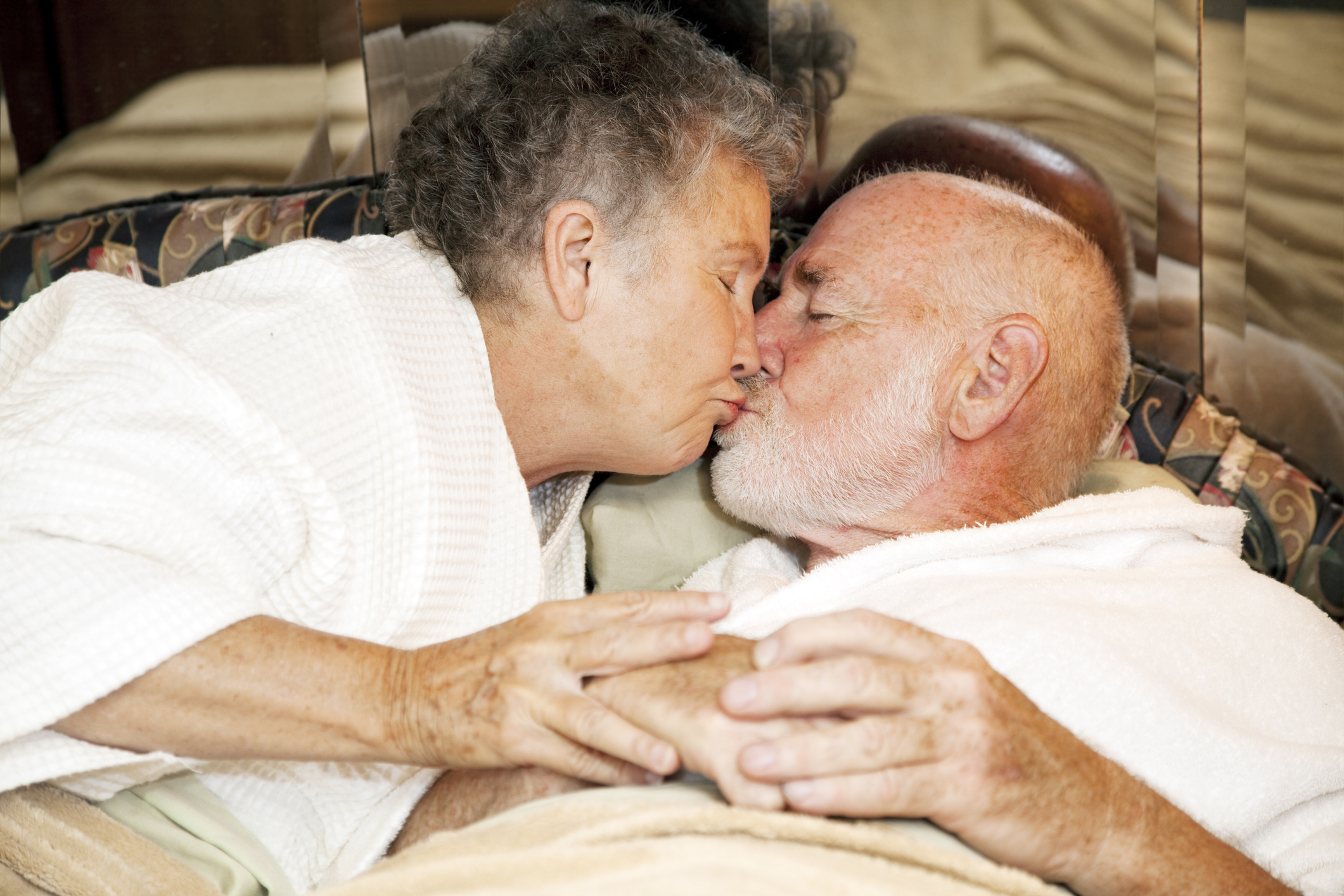Men have long been considered to still have the desire and, perhaps with help from a little blue pill, are able to perform sexually long into old age, but older women are not generally afforded the same identity as sexual beings. Younger people rarely view women of a certain age as having a need for sexual intimacy and pleasure; this can lead to poorer self-esteem and lack of good communication about sexual health in older age.
A recent McMaster Optimal Aging Portal blog addresses the need to lift taboos about sexuality and older age, particularly for women, and focus on the health issues that affect sexuality, rather than age. Although there are a number of health problems and medications that can affect sexual desire and performance, many older adults still want intimacy and with better communication with their doctor, sexuality in older age can be satisfying. But few adults past reproductive age discuss sexual function and activity with their health care provider. This lack of open communication can leave patients frustrated and disappointed.
It’s a common misconception that women lose interest in sex in middle and older age but newer research out of the University of Pittsburgh Medical Center has found just the opposite; nearly 60 percent of women over the age of 60 reported being sexually active and as satisfied with their sex life as women in their 30s and 40s. Older women may even discover their sex life improves with age, they know their bodies better and are more confident communicating sexual needs to a partner.
Dropping the taboos about intimacy is also important to protect older adults from sexually transmitted diseases. Although pregnancy is no longer a worry for women past menopause, adults who are engaging in sexual acts may need more education about how to protect themselves as well as treat any issues such as vaginal dryness to enjoy a more satisfying sex life. According to Harvard Health, STDs (sexually transmitted diseases) are on the rise among older adults; between 2012 and 2016, for example, the reports of chlamydia cases nearly doubled among people between the age of 55 and 64. Older adults who have divorced or lost a spouse, or are single and living in an over-55 residential community, may find themselves being sexually active with a new partner. Talking with your doctor about your sexual activity is important to staying healthy at any age, especially later in life when the immune system may lose some of its ability to fight off infection.
Learn more about sexuality in later life by following this link to the National Institute on Aging.






Add Your Voice
0 Comments
Join the Discussion